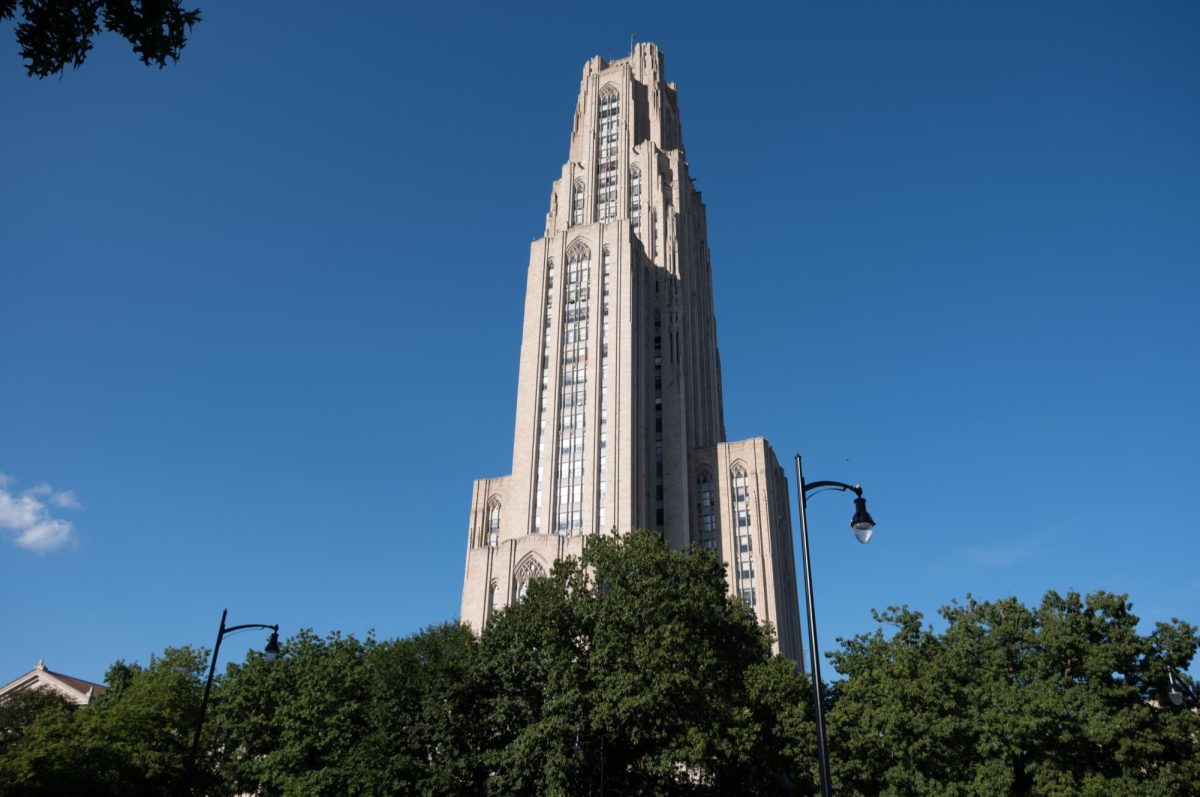Students sued by RIAA
April 13, 2005
The Recording Industry Association of America filed copyright infringement lawsuits against… The Recording Industry Association of America filed copyright infringement lawsuits against 405 students at 18 different colleges yesterday, including students at Pitt and Carnegie Mellon University.
The RIAA alleges that, all told, the students have distributed 1.5 million files over the Internet. The average number of mp3s shared by each user being sued is more than 2,300, according to the RIAA.
‘The people who are getting sued, by and large, are the people who are leaving their sharing directories open and have thousands of files on those directories,’ said Michael Madison, an associate professor of law at Pitt. ‘Generally speaking, downloaders haven’#39;t gotten sued as much as uploaders.’
Madison added that, even though the recording industry is more likely to target users who are distributing content rather than downloading it, the scale of the activity is still important.
‘If you have a lot of files, a high volume, you’#39;re going to get noticed,’ he said.
Cary Sherman, the president of the RIAA, held an online press conference yesterday to discuss the industry’#39;s efforts to curtail illegal file-sharing.
Sherman said the minimum penalty in copyright infringement cases is $750 per file, but the RIAA routinely settles cases for far less, on average $3,500 to $4,500.
When asked about the RIAA’#39;s efforts aside from lawsuits and letter writing, Sherman said, ‘There isn’#39;t going to be a silver bullet that’#39;s going to solve this problem. It requires a multi-pronged approach.’
He later added, ‘It’#39;s like physical piracy. We’#39;re never going to eliminate it; there will always be vendors selling counterfeit CDs on street corners.’
Sherman said that college students are not the primary target of the RIAA’#39;s lawsuits, despite the fact that yesterday’#39;s lawsuits targeted users of Internet2, a faster-than-average network available only to college students.
‘Of the lawsuits brought to date, we’#39;ve sued a relatively small percentage of students as compared to the general public,’ he said.
Yesterday, a group of 12 recording companies filed a complaint at the United States District Court for the Western District of Pennsylvania against 16 nameless defendants.
The recording companies chose to file the complaint as a ‘John Doe’ case because the identities of the users were not known to the RIAA, except by Internet protocol addresses.
In a John Doe case, the plaintiffs are able to file a complaint with the assurance that, after a judge grants the request, the actual identities of the defendants can be obtained and subpoenaed through the IP addresses.
All 16 of the addresses listed in Case No. 05-0488 are linked to Pitt accounts.
The recording companies attached a list of IP addresses and copyright infringements to their complaint. The list of John Doe IP addresses shows a variety of genres of music have been tracked in the case.
The RIAA alleges that Doe #1 downloaded Eminem’#39;s ‘Steve Berman’ and Linkin Park’#39;s ‘Forgotten,’ while Doe #7 is accused of downloading Christina Aguilera’#39;s ‘What a Girl Wants’ and four other songs. Doe #10 downloaded Trick Daddy’#39;s ‘I’#39;m a Thug’ and Whitney Houston’#39;s ‘Run to You,’ according to the complaint.
The RIAA filed a total of 405 lawsuits yesterday. In addition to Pitt and CMU, students at Boston University, Columbia University, Drexel University, Georgia Institute of Technology, Harvard University, Massachusetts Institute of Technology, Michigan State University, New York University, Ohio State University, Princeton University, Rensselaer Polytechnic Institute, Rochester Institute of Technology, University of California at Berkley, University of California at San Diego, University of Massachusetts at Amherst, and University of Southern California received lawsuits.


